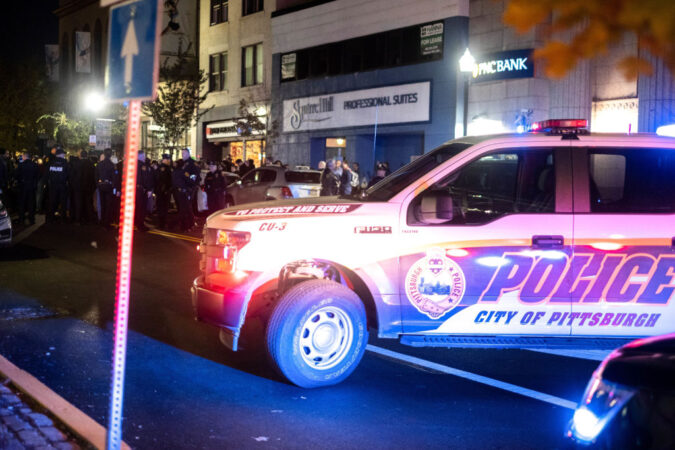Pittsburgh police will no longer personally respond to calls that aren’t considered “in-progress emergencies” after recent department policy changes.
Calls not considered “in-progress emergencies” will be assigned by dispatch to a telephone recording unit. The city’s website states, “Creation of an enhanced Telephone Reporting Unit (TRU) operating from 7-3 a.m. daily, including weekends. Dispatch will assign reports to the TRU for calls that do not require an in-person response by officers. TRU will NOT be assigned to any “In Progress” call where a suspect may be on scene, any crime where a person may need medical aid, any domestic dispute, calls with evidence, or where the Mobile Crime Unit will be requested to process a scene.”
In addition, between 3 and 7 a.m., when reportedly far fewer 911 calls are made, no desk officers will be present at the six police stations in the city. Instead, call boxes linked to 911 have been installed. During some overnight shifts, there may be only 22 officers to cover the entire city.
“It’s enough to cover the entire city in those hours when we have 8% of the time people are calling … I’m confident in the decisions that we make, that it impacts this bureau and this city in much better way than we have in the past,” Pittsburgh Police Chief Larry Scirotto stated.
Pittsburgh police will no longer respond to certain calls including theft, harassment, criminal mischief, and burglary alarms.
Between 3AM-7AM there will be no officers at any police stations.
Buy guns. Buy ammo.
The police will not protect you. pic.twitter.com/ZoQbkREQUs
— Libs of TikTok (@libsoftiktok) March 10, 2024
Scirotto cited staffing shortages after the city plunged to 740 police officers; at the start of 2023, the city had 835; a full staff is considered 900.
Scirotto said that prior to the changes, roughly one-third of officers worked overnight, but about two-thirds of the call volume came between 2 p.m. and 2 a.m. “So we’re running one shift ragged, under-resourcing it, and over-resourcing another,” he said. “That was why I thought this exercise was so important.”
“Average night, we’d have seven officers out on the road in each zone, so [we had] like 42 officers, generally,” Scirotto told the Pittsburgh Post-Gazette last week. “We cut 12. People think I cut 112.”
CLICK HERE TO GET THE DAILYWIRE+ APP
Bob Swartzwelder, president of the Fraternal Order of Police #1, criticized the plan, saying, “They’re running out of manpower very, very quickly, and they’re getting very taxed.” He acknowledged there could be 25 to 30 officers working during the 3-7 a.m. shift, but said they are executing specialized work. “I think the strategy at this point is a hope and a prayer that they can base everyone on data,” he said. “It may pan out to be correct. It may be disastrous.”

